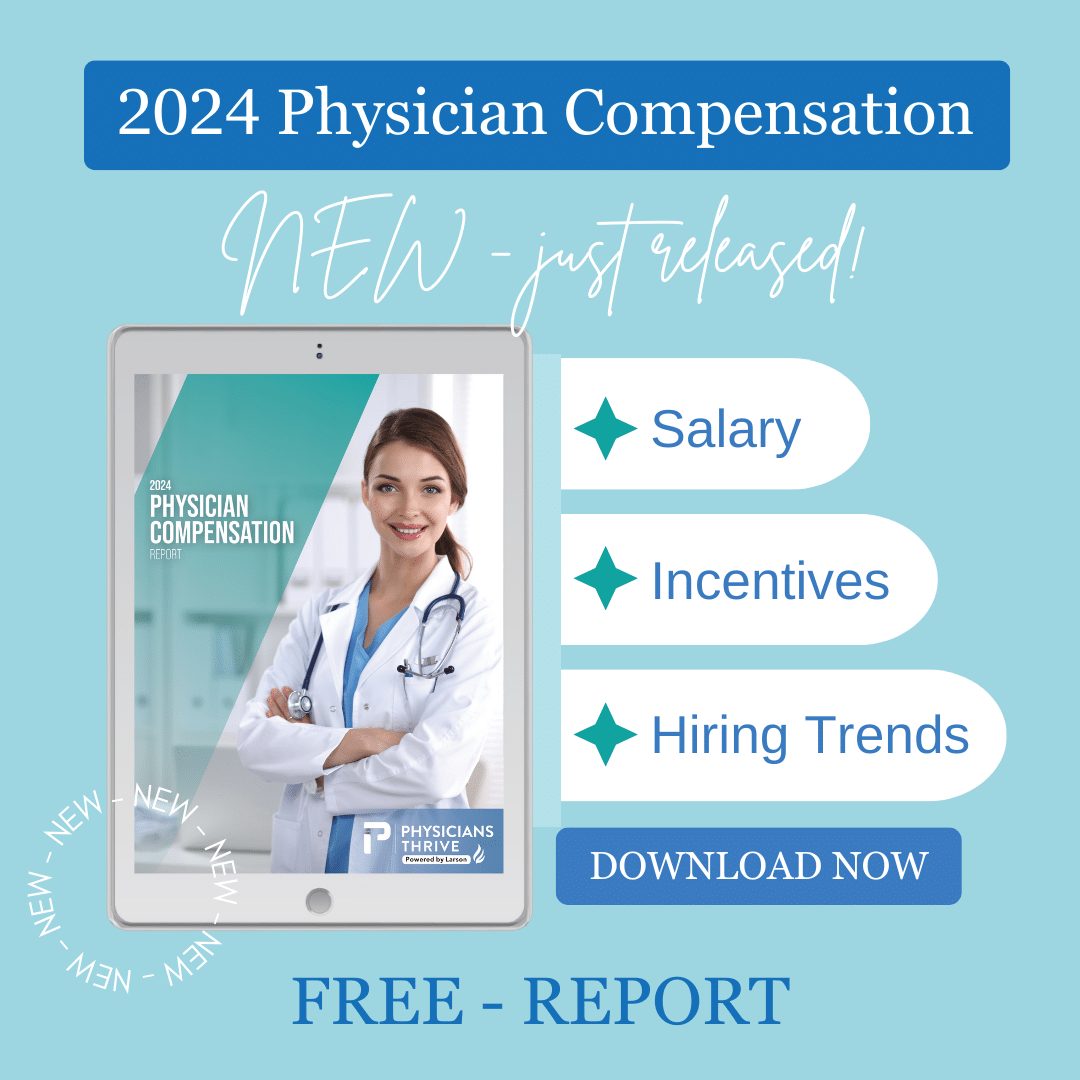The average worker has a high chance of claiming disability leave at some point in their career. According to the Council for Disability Awareness, more than 25% of today’s 20-year-old workers will miss more than a year of work due to disability before reaching the age of 65.
That is to say, while no one expects to become too sick or injured to work, it’s not exactly a long shot. And despite their profession, doctors are no exception to the wide array of medical conditions that can interrupt their ability to work for months and years at a time.
Table of Contents
Common Causes of Short-Term Disability Claims
Short-term disability leave is typically caused by relatively temporary conditions that require only a few weeks or months to recover. The Council for Disability Awareness reports the following as the most common causes of short-term disability claims across all industries:
- Pregnancy
In 2017, pregnancy accounted for 25% of all short-term disability claims. Women who are not eligible for maternity leave can claim short-term disability to take time off after giving birth. - Musculoskeletal Disorders
1 in 5 short-term disability claims happen by some form of musculoskeletal disorder. Acute back pain is one of the most common musculoskeletal problems. It prevent workers from performing their jobs for short periods of time. - Digestive Disorders
Various digestive disorders account for many short-term disability absences. For example, a person with a hernia may require surgery followed by several weeks of recovery before they can return to work. - Mental Health Problems
There are several mental health conditions that can potentially qualify an individual for disability benefits. If the symptoms interfere with their ability to work. Conditions such as depression, anxiety disorders, substance addiction, or PTSD may require a worker to take time off to receive proper treatment. - Fractures, Sprains, and Strains
Injuries to muscles, bones and ligaments can be caused by sports injuries, accidents or any number of common activities. Depending on the injury and the nature of your work, it can take anywhere from 4 to 8 weeks of recovery after a fracture or sprain before you can resume your usual employment.
Common Causes of Long-Term Disability Claims
Long-term disability insurance is intended to cover serious injuries and illnesses. Which impair a worker’s ability to perform the duties of their job for extended periods of time, ranging from 6 months to many years. The average length of a long-term disability absence is 34 months- nearly three years! The Council for Disability Awareness reports the following as the most common causes for long-term disability claims across all industries:
-
Musculoskeletal Disorders
When it comes to causes for long-term disability claims, musculoskeletal disorders jumps up to the top spot. In addition to back pain, arthritis is one of the most common musculoskeletal conditions that can limit both a worker’s overall mobility and fine motor skills.
-
Cancer
Currently, cancer is the fastest growing cause of long-term disability claims. This is in part because treatment options for many types of cancer have expanded rapidly in the past decade. Nevertheless, lifesaving treatments like surgery, radiation, and chemotherapy can require extended periods of time off work.
-
Pregnancy
While most disability claims related to pregnancy fall under the category of short-term, if a woman requires bed rest leading up to childbirth, a longer leave of absence may be required. Additionally, complications such as postpartum depression following pregnancy may qualify for long-term disability benefits.
-
Mental Health Problems
Severe mental health problems can be extremely persistent, and treatment options and recovery are often lengthy. Mental health issues such as schizophrenia, bipolar disorder, dementia, or OCD are cited as the cause for approximately 9% of all long-term disabilities.
-
Fractures, Sprains, and Strains
While most of these injuries can heal in a matter of weeks, complications surrounding fractures and sprains can cause severe pain and take more than a year to heal. For example, if a radial fracture doesn’t set properly and becomes re-injured, a worker may lose function of their arm for several months. Considering virtually every job requires some degree of manual dexterity, a long-term leave of disability may necessary.
Related: What to Do When Your Physician Disability Insurance Benefit Period Ends
Doctors aren’t immune to the risk of disability
We often depict physicians and surgeons as almost superhuman caregivers. We tend to think of doctors as the paragons of health. Ready to give care around the clock. While it’s true that doctors are incredibly hard workers and perform life-saving feats of care, they too can suffer from disabilities that prevent them from working. In fact, the stressful nature of the medical profession can make doctors more prone to certain types of illness and injury.
Long hours, night shifts, and high-stress work environments are all too common for many physicians. These factors can not only increase the risk of accidental injury due to fatigue and sleep deprivation. However, they can also increase the risk for a variety of illnesses over time. According to the EEOC, the healthcare industry has a high rate of occupational injury and illness, and healthcare workers including doctors face a variety of unique workplace hazards. These risks include exposure to airborne and infectious diseases, sharps injuries, musculoskeletal injuries caused by moving patients, and even potential violence in the workplace.
Outside Work
Outside the workplace, doctors are susceptible to accidents, injuries, and illnesses just like the general public. Disability insurance is especially critical for doctors in order to meet financial responsibilities such loan payments in the event that they become too sick or hurt to work. They design short-term and long-term disability insurance to protect doctors and their earning ability throughout their careers and can provide indispensable coverage in the event of a disability.
While impossible to predict, short-term and long-term disabilities aren’t uncommon in any profession. Doctors with disabilities deserve the same care and accommodation that they devote to their own patients, and quality disability insurance affords them the recovery time and financial security to make that possible.
Physicians Thrive can assist you in finding a policy that will give you the long term disability insurance coverage you need. See our disability resources and blog articles for more information and contact us to help you select a policy that meets your individual needs.
Work With Physicians Thrive
Get Your Free Disability Insurance Quote! It’s easy!







































